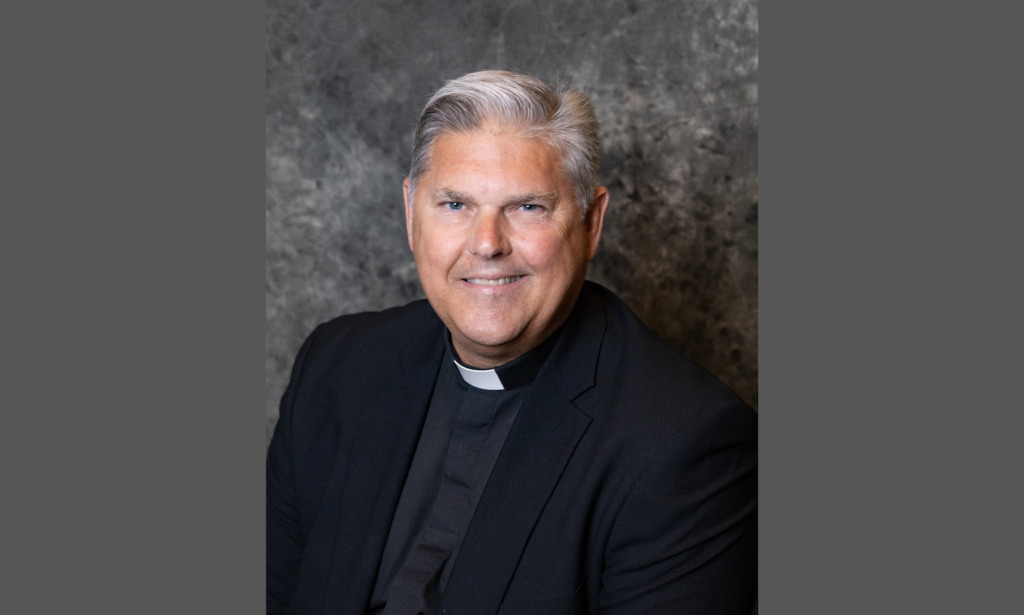Reflection on Mass readings for Sept. 10 (23rd Sunday in Ordinary Time)
Ezekiel 33:7-9
Psalm 95:1-2, 6-7, 8-9
Romans 13:8-10
Matthew 18:15-20
It is easy to preach against unpopular sins. You will never have someone walk out on a homily if you are calling people to account for stealing, or lying, or violence. No one is going to stop you after Mass to complain if you have preached against the exploitation of the poor or an example of blatant racism in our society. They are not going to tell you, “Father, I think you were too hard on them.”
Why does it take so little courage to warn against these sins? Because these are unpopular sins. As a culture, we have agreed that these sins undermine our society.
That was not always the case. At some times and places, these sins have been the accepted norm. It took real courage to confront them. St. John Bosco was assaulted and threatened for defending the right of poor children and orphans to be educated and not to be sent off into child labor.
In the last century, preachers who spoke against the Jim Crow laws of our country, or against lynching, or the movement of massive resistance to integration in Virginia faced real threats against their lives and property. These are no longer acceptable sins.
Ah! But what happens when you warn people against the popular sins of our day? By the way, what do I mean when I say popular sins? Sins are actions that our faith teaches us are against the will of God for us as human beings. They are actions that are not consistent with our human dignity as taught to us through divine revelation and by Christ. They are actions that separate us from the love of God, and thereby make our hearts unresponsive to God’s love and cold in our faith.
Yet these same actions have become so accepted by our society that many people don’t even consider them sins. Or they minimize their real effect on our lives and our relationship with God.
But the effects of these sins can be seen every day in the breakdown of our society, and in the sense of disconnection with God, with the good, and with the holy. These sins are the sources of the sense of despair and lack of integration that so many people experience in our day and age.
As an example, the Church and preachers get accused of concentrating their teaching predominantly on the sexual teachings of the Church. The resistance to that teaching is why, in fact, it is addressed far less often than the critics would claim. It is an area in which so many people have rejected the scriptural teaching of the Church that they have stopped listening.
Then how do we take up the call of Ezekiel to warn our brothers and sisters of that which would destroy them, but in a way that they might listen? And for those who have stopped listening, how are we to interpret the words of Jesus that we are to treat them as we would tax collectors or Gentiles?
We start with love – the love that God has for us. The love of God that loves us by letting us know what is consistent with our human dignity and warning us against that which would destroy us.
We start with the love of human beings that is embodied in the person of Jesus Christ, our God who became one of us out of love. The very reason we continue to reach out is that we love our brothers and sisters so much that we don’t want them to harm themselves with their sins. It is not about judgment but about love.
We also never give up on love. Jesus told us to treat those who will not listen as we do the tax collectors and the Gentiles, but he came for them as well. Even those who have stopped listening will always be among those to whom we have been sent as missionaries of God’s love.
Popular or unpopular, sins are a failure of love. We cannot be afraid to be true heralds of God’s loving will for us for the sake of our brothers and sisters.
Msgr. Timothy Keeney is pastor of Incarnation, Charlottesville.

